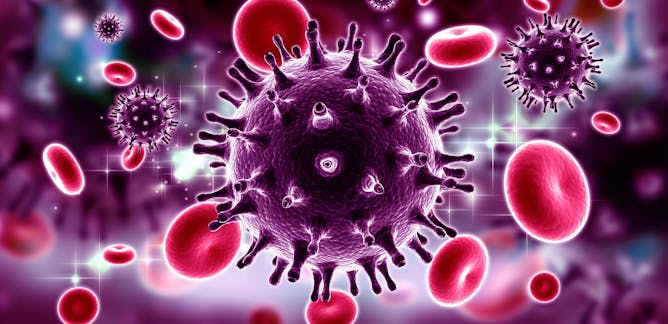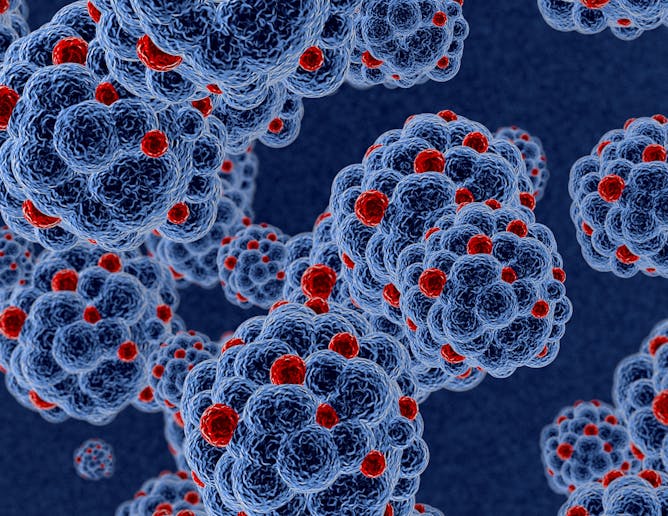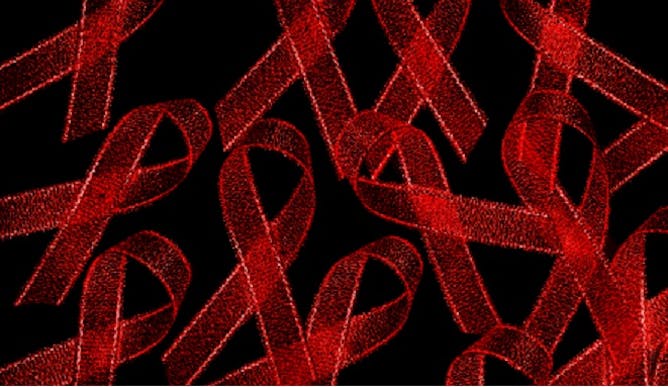|
HIV remains a global health challenge - more than 25 million people have died from the disease and another 36 million people live with it. To mark World Aids Day, several academics reflect on the progress that’s been made to reduce the burden. As Thumbi Ndung'u explains, this includes scientific innovations such as cutting-edge research in Africa that’s giving hope that a vaccine will be developed. And new approaches to vaccine development, which Penny Moore and Lynn Morris unpack.
But huge problems remain. One of them is stigma which continues to prevent people from getting tested, and from sticking to their drug regimens, as Linda-Gail Bekker explains.
|
Top story
|

Penny Moore, University of the Witwatersrand; Lynn Morris, University of the Witwatersrand
Three new HIV vaccine concepts which rely on high-tech designer proteins have been developed and will be trialled to see how well they control the virus.
| |

Thumbi Ndung'u, University of KwaZulu-Natal
To get an effective vaccine for HIV/AIDS, scientists need to understand exactly how the virus works and how the immune system responds to it. African scientists have come one step closer.
|
|
|

HIV cells (in red) attacking an organism.
Shutterstock
Sikhulile Moyo, Harvard University
Understanding where there are high numbers of new HIV infections is important to establishing whether interventions are working or not.
|
|
-
Caroline T. Tiemessen, National Institute for Communicable Diseases
A South African child, who has been in HIV remission for nearly nine years, could help researchers understand how to make remission possible for millions of other HIV positive people.
|
|

Shutterstock
Linda-Gail Bekker, University of Cape Town
Stigma stops people from getting tested for HIV, and staying on their treatment. Unless it's addressed, the AIDS epidemic will persist.
|
|
-
Tendesayi Kufa-Chakezha, National Institute for Communicable Diseases
South Africa has made tremendous progress towards meeting the 90-90-90 targets but there are some challenges preventing it from reaching the goals set by UNAIDS.
-
Emilie Venables, University of Cape Town
HIV remains a synonym for death in Kinshasa and many leave testing and treatment until it's too late. It's not common knowledge that an infected person can live a normal and healthy life.
|
|